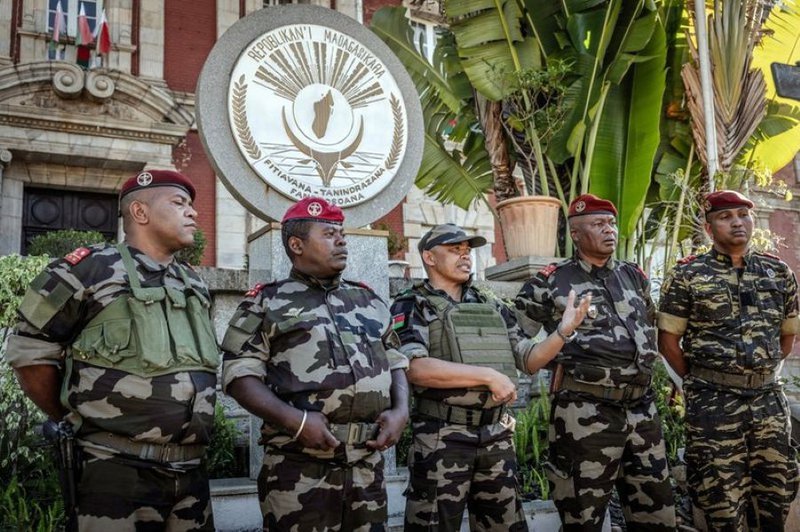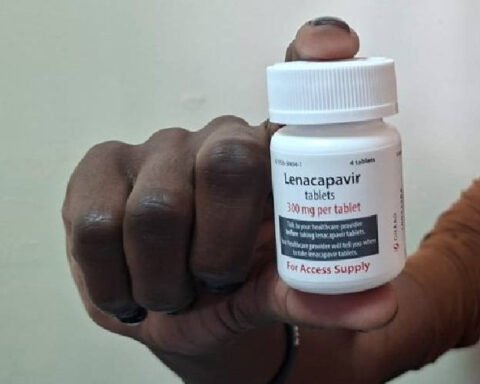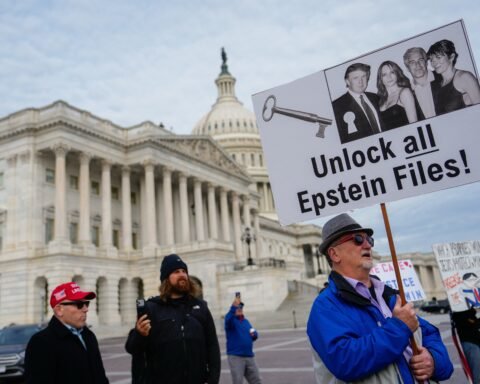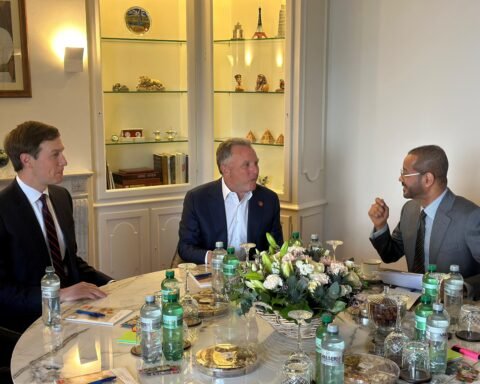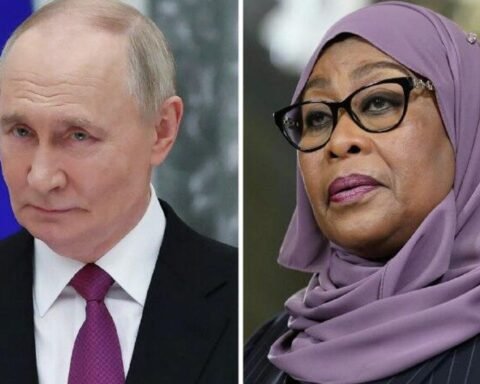Colonel Michael Randrianirina is poised to assume the presidency of Madagascar on Friday, October 17, 2025, following a military intervention that removed President Andry Rajoelina from office.
The move comes amid weeks of public protests over poor access to essential services, including water and electricity, which quickly evolved into broader political unrest.
The unrest began in major cities, with citizens demanding immediate government action. As tensions escalated, an elite military unit sided with demonstrators, ultimately seizing control of the capital, Antananarivo. This intervention forced the suspension of most government institutions, though the National Assembly remains operational.
Colonel Randrianirina announced that he would be sworn in by the Constitutional Court as the head of a transitional government, which he describes as the “New Foundation of the Republic of Madagascar.” He pledged to lead a temporary administration for up to two years, after which national elections are expected to restore civilian governance.
President Rajoelina, meanwhile, has refused to formally resign, asserting that he remains the legitimate leader of the country. He accused lawmakers of collaborating with the military to orchestrate the takeover, highlighting the political rift at the heart of the crisis.
Also Read; ICC Disqualifies Chief Prosecutor from Duterte Case
The African Union (AU) has condemned the takeover, suspending Madagascar’s membership and urging a return to constitutional order. The United Nations has echoed this call, warning that prolonged military rule could destabilize the region and set a concerning precedent for governance in Africa.
International observers are closely monitoring the situation, noting that Madagascar’s transitional period will be critical in determining whether the country can stabilize and move toward democratic elections. Analysts warn that the coming weeks will test both the military’s ability to manage governance and the resilience of civil institutions under extraordinary circumstances.
While the transitional government promises elections within two years, questions remain about the pace of reforms, the protection of civil liberties, and how Madagascar’s neighbors and international partners will engage with the new administration.

